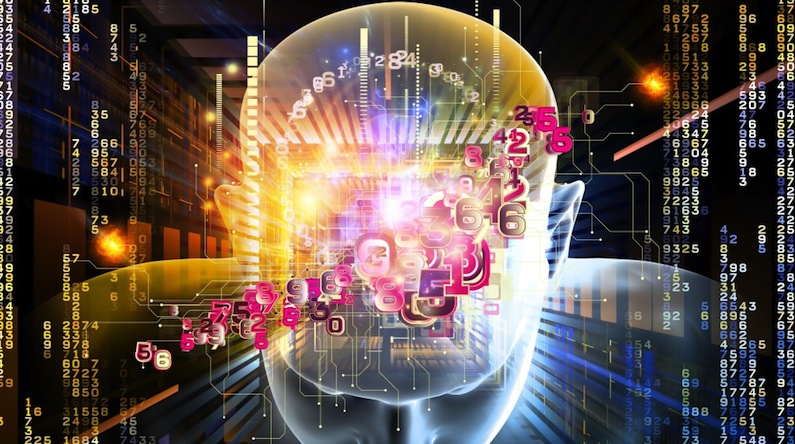
AI Strategy for Europe
Artificial intelligence (AI) has emerged as a key driver of a new era of technological change and is now recognised as one of the most strategic technologies of the 21st century.
It has great potential benefits in most areas of our lives, from healthcare to climate change, from transport to assisted living.
All big economies such USA and China have been investing heavily in AI. The way Europe approaches AI will shape our digital future. In order to enable European companies and citizens to reap the benefits of AI, we need a solid European framework. For the EU, the goal is to be at the forefront of AI development and use.
The European Commission presented the new EU strategy on AI on 25 April 2018. One of the main elements of the strategy is an ambitious proposal to achieve a major boost in investment in AI-related research and innovation and in facilitating and accelerating the adoption of AI across the economy.
The target is to reach a total of EUR 20 billion in AI-related investment, including both the public and the private sector, for the three years up to 2020. For the following decade, the goal is to reach the same amount as an annual average.
This is of crucial importance if we want to ensure that Europe can take its place among the global leaders of AI development.
The other two main focus areas of the EU strategy on AI are about preparing for socio-economic changes and ensuring an appropriate ethical and legal framework. It is essential to increase the number of people with advanced skills in new digital technologies.
More broadly, it is important to give all citizens and workers every opportunity to acquire suitable skills for the digital economy. The European approach consists in nurturing talent and diversity while leaving no one behind.
At the same time, Europe has to ensure that new technologies are based on our values and on respect for our fundamental rights, with humans in command at every step of the way.
As in the case of data protection, we are taking the lead in ensuring the development of ethical and responsible AI, and we hope that our guidelines and standards in this area will become a worldwide reference.
The Commission has appointed 52 world-class experts to a new High-Level Expert Group on Artificial Intelligence and launched a broader European AI Alliance that will bring together all relevant stakeholders.
They will address all aspects of AI and will draw up ethics guidelines for the development and use of AI.
The members of the new High-Level Expert Group on Artificial Intelligence come from academia, business, and civil society. It is a multi-disciplinary group that represents wide expertise, brings together diverse views, and ensures geographical and gender balance.
The task of the Group is to draft ethics guidelines for AI and to make mid and long-term policy recommendations on AI-related challenges and opportunities.
The High-Level Expert Group on Artificial Intelligence will also support the Commission in building a broad community of stakeholders through the European AI Alliance.
The Alliance and its online platform have had a very successful start, attracting from the very beginning a large number of registrations from all over Europe and beyond.
It is already shaping into the intended diverse community of citizens and organisations that are interested in and wish to contribute to how AI will influence our future. Anyone who is interested in participating in the debate can join the Alliance.
Under the next multiannual budget of the EU, the Commission plans to increase its investment in AI further, mainly through two programmes: the research and innovation framework programme (Horizon Europe), and a new programme called Digital Europe.
Horizon Europe is the EU’s flagship programme to support research and innovation.
Out of a total of nearly EUR 100 billion for 2021-2027, the Commission proposes to invest at least EUR 16 billion in ‘Digital and Industry’, which also includes AI as a key activity.
Under the Digital Europe programme, EUR 2.5 billion of the total amount of EUR 9.2 billion should be for AI.
The funding will target in particular testing and experimentation facilities and data platforms.
Digital Europe also provides for investing EUR 700 million in supporting the development of advanced digital skills, including in relation to machine learning, and EUR 1.3 billion in supporting deployment projects, including for SMEs to engage in digital transformation, notably in areas like AI.
By acting in a coordinated and focused way as a whole, Europe can use its existing assets to play a role in the area of AI that matches its economic weight and its global reputation as a great defender of values and rights.
The Commission will make all the necessary efforts to ensure that the EU stays at the forefront of the new technological revolution and has a decisive impact on the future shape of our digital world.




